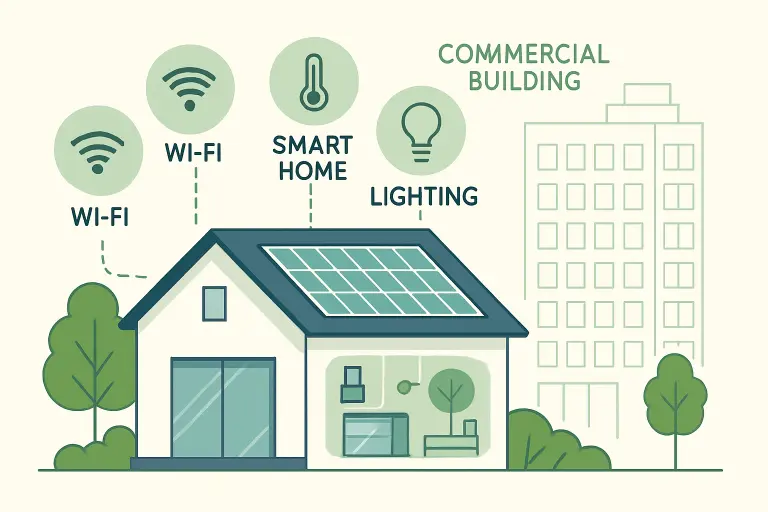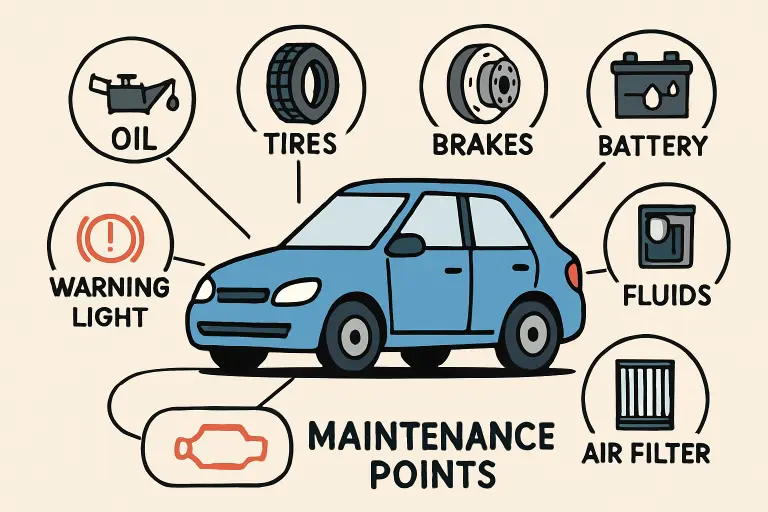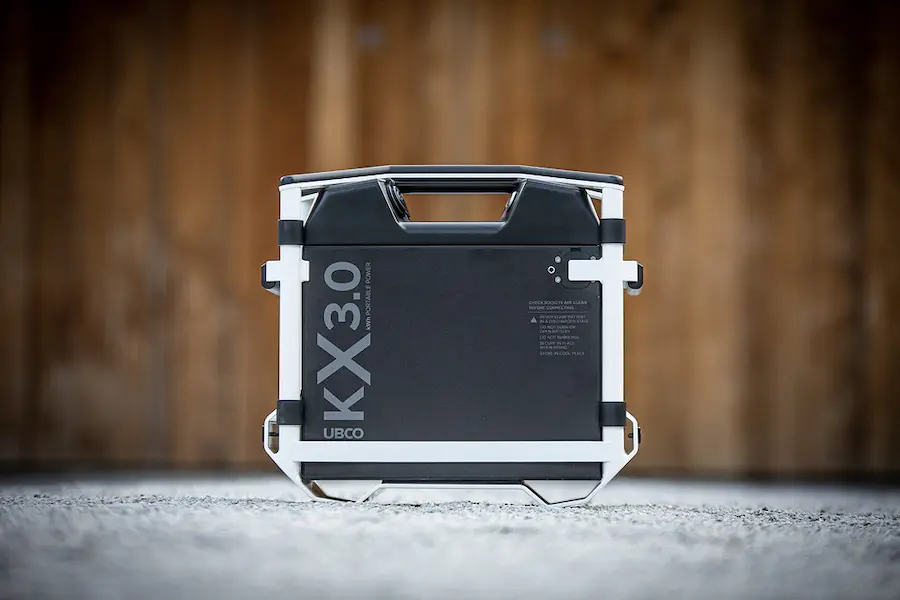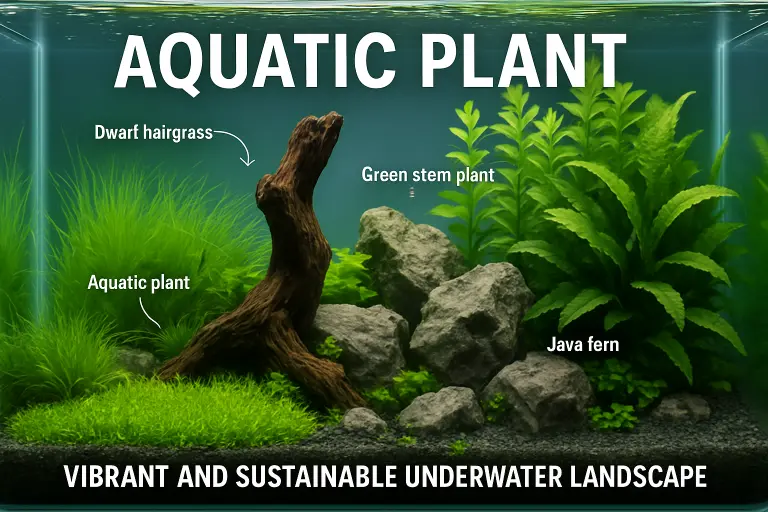As the cooler months approach, many of us begin to rely on the warmth and comfort provided by our water heaters. But have you ever stopped to consider the science behind these devices? How exactly does a water heater work to provide us with hot water for our showers and dishes?
Here, we’ll dive into the fascinating world of water heaters and explore the technology that keeps us cozy during those chilly autumn and winter days.
First, we’ll take a look at the different types of water heaters available on the market, including traditional tank-style heaters and newer, more efficient tankless models. We’ll explain the pros and cons of each type and help you decide which may be best for your home or business.
From there, we’ll explore the inner workings of a water heater, including the all-important heating elements and the role of insulation in keeping heat where it belongs. We’ll also delve into the science of energy efficiency, discussing how to reduce your carbon footprint without sacrificing comfort.
Table of Contents
Understanding heat transfer principles
Understanding heat transfer principles is crucial in comprehending how water heaters work. Heat transfer is the process by which thermal energy moves from one material to another. There are three main modes of heat transfer: conduction, convection, and radiation.
Conduction occurs when heat moves through a material without any movement of the material itself, such as when a metal pot on a stove gets hot. Convection occurs when heat is transferred through the movement of fluids, such as when hot air rises and cool air sinks.
Radiation occurs when heat is transferred through electromagnetic waves, such as the heat we feel from the sun. All three modes of heat transfer are involved in the operation of a water heater. Understanding these principles is essential to optimizing the efficiency and performance of a water heater and ensuring that you have a warm and comfortable home.
Types of water heaters available
There are two main types of water heaters available on the market: tankless and tank-style. The most common type of water heater is the tank-style, which stores and heats a large volume of water in a tank until it is needed. These tanks can range in size from 20 to 80 gallons and are available in both gas and electric models.
While tank-style water heaters are generally less expensive upfront, they do require more space and can be less energy-efficient than tankless models. Tankless water heaters, also known as on-demand water heaters, heat water only when it is needed, making them more energy-efficient and space-saving.
However, they do tend to be more expensive upfront and may not be suitable for larger households with high hot water demands. Ultimately, the type of water heater you choose will depend on your household’s hot water needs, budget, and available space.
Energy efficiency and cost savings
One of the key benefits of upgrading to modern water heater Genies is the potential for increased energy efficiency and cost savings. Traditional water heaters often have a lower efficiency rating, meaning they require more energy to heat water and maintain temperature.
In contrast, modern water heaters are designed with advanced technology that optimizes energy usage and reduces waste. This can translate into significant cost savings over time, as homeowners will see a reduction in their monthly energy bills.
Additionally, some energy-efficient water heaters may qualify for tax credits and rebates, further increasing the potential for cost savings. By upgrading to a modern water heater, homeowners can not only enjoy a cozy and comfortable living space, but also feel good about their contribution to a more sustainable future.
Maintenance and safety considerations
When it comes to water heaters, maintenance and safety considerations are of utmost importance. Regular maintenance can help prolong the lifespan of the water heater and prevent potential safety hazards.
It is recommended that homeowners schedule maintenance at least once a year with a licensed professional to check for any leaks, cracks, or other issues that may affect the performance of the water heater.
In addition, homeowners should also be aware of safety considerations such as the proper placement of the water heater, the use of a pressure relief valve, and the importance of maintaining proper ventilation to prevent carbon monoxide buildup. By following these maintenance and safety guidelines, homeowners can ensure that their water heater operates efficiently and safely for years to come.
Future innovations in water heating
As technology continues to advance, so does the efficiency and effectiveness of water heaters. In the near future, there are several innovations in water heating that are poised to revolutionize the industry. One such innovation is the development of tankless water heaters that are powered by renewable energy sources such as solar power or geothermal energy.
These tankless systems are more energy-efficient and eco-friendly compared to traditional tank-based heaters. Another promising innovation is the use of heat pump technology to extract heat from the surrounding air or ground and use it to heat water.
This technology is already being used in some water heaters and has the potential to significantly reduce energy consumption. Additionally, the advent of smart technology has enabled the creation of smart water heaters that can be controlled remotely using a smartphone app or other connected device.
These smart heaters can learn user patterns and optimize heating schedules to save energy and reduce costs. As we continue to push the boundaries of technology, the future of water heating looks promising and exciting.
In conclusion, water heaters are an essential part of our daily lives that we often take for granted. Understanding the science behind how they work can help us make informed decisions when it comes to purchasing and maintaining them. From the type of fuel used to the size and efficiency rating, there are a variety of factors to consider.
By taking the time to educate ourselves on the options available, we can ensure that we have a reliable and efficient source of hot water to keep our homes cozy and comfortable, no matter how chilly it may be outside.































































































































































































































































































































































































































































































































































































































































































































































































































































































































































































































































































































































































































































0